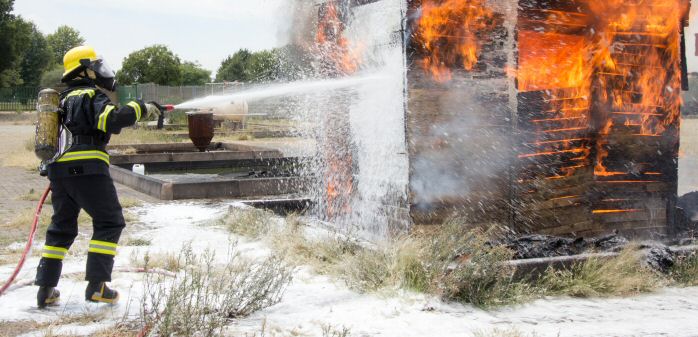 Photo by Hush Naidoo on Unsplash
Photo by Hush Naidoo on Unsplash
PHFN 610 Principles of Environmental Health and Disaster Management
A study of environmental factors and how they interact with agent and host factors in the causation, prevention, and control of disease in human populations and appropriate technologies for intervention. Focus is on water supply, sanitation; industrial and solid waste management, vector control and atmospheric pollution control. The course will also include a review of the types and public health consequences of natural and man made disasters, principles of emergency planning, including evacuation procedures, management of disaster casualties, control of disease outbreaks and meeting the physical and psychological needs of disaster victims. Steps in disaster response and recovery and coordination of emergency relief operations will also be reviewed.
Units: 3
|
WHO NEEDS THIS COURSE? Graduate students:
This course may also be taken by:
|
TIME INVESTMENT At least 3-5 hours/week day for approximately 2 months |
COURSE GOALS
Upon completion of this course, the students would have:
- Demonstrate an understanding of the relationship and inter-relationship between environmental, socioeconomic, and political factors and human health.
- Propose practical solutions to existing environmental health problems in communities and actively participate in the process of solving the problems.
- Identify the health effects urbanization and industrial production and hazards associated with common energy sources and discuss potential alternative energy sources.
- Identify key environmental health hazards associated with housing and urban residence and possible measures to ameliorate these effects
- Discuss global health measures that can be taken to address environmental health problems.
- Plan and implement a disaster management program.
TOPICS TO COVER
| Week 1 |
Health and Environment, Nature of Environmental Health Hazard |
| Week 2 |
Risk Assessment and Management |
| Week 3 |
Clear Air and Pollution Control, Industrial Pollution and Chemical Safety |
| Week 4 |
Water and Sanitation |
| Week 5 |
Food and Agriculture |
| Week 6 |
Human Settlement and Urbanization |
| Week 7 |
Health and Energy Use |
| Week 8 |
Trans-boundary Health Concerns, Action to Protect Health and Environment |
| Week 9 |
Disaster Management |
FACILITATOR
 |
Alaisa Mbriri, DrPH Dr. Alaisa Lee Mbiriri is a Malawian national, born and raised in Zimbabwe. She is currently serving as a faculty at AIIAS Public Health department. She is a food scientist and nutritionist by profession, and holds a doctoral degree in Public Health Major in Preventive Health Care. She is an enthusiast in health promotion currently working towards being certified as a Lifestyle Medicine specialist. A certified trainer for women leadership, Dr. Alaisa enjoys training women for leadership |
DEVELOPERS
 |
Klaus Irrgang, DrPH Dr. Klaus Irrgang is the original developer of this online course. He is now currently serving as an associate professor at Burman University in Canada. He finished his doctoral degree in Public Health in Loma Linda University, California. He served the Public Health department of AIIAS as a faculty for several years. |
 |
Ayuka Oendo, PhD Dr. Ayuka Oendo later updated and revised the course. He was a former faculty of the Public Health department at AIIAS. He has been a health advocate and served various Adventist institutions for several years. His interests are in the fields of environmental health, community development, and health research. |
